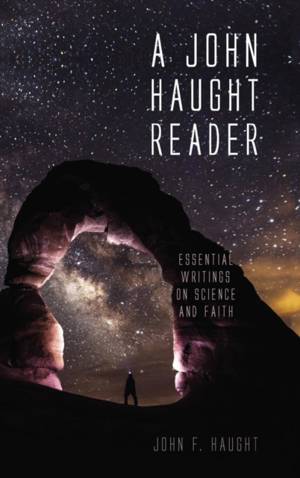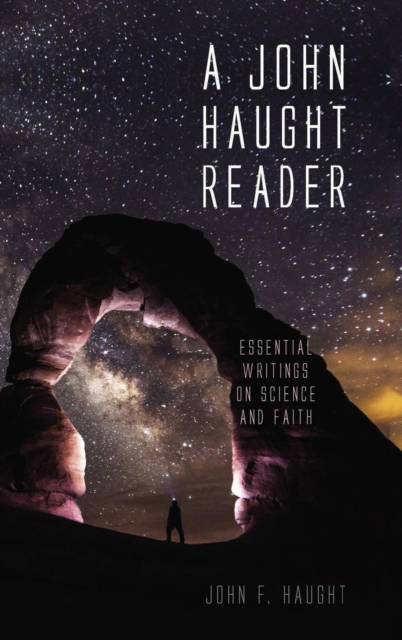
- Afhalen na 1 uur in een winkel met voorraad
- Gratis thuislevering in België vanaf € 30
- Ruim aanbod met 7 miljoen producten
- Afhalen na 1 uur in een winkel met voorraad
- Gratis thuislevering in België vanaf € 30
- Ruim aanbod met 7 miljoen producten
Zoeken
€ 97,45
+ 194 punten
Uitvoering
Omschrijving
Classical Christian theologies came to expression at a time when the universe seemed relatively fixed and unchanging. The otherworldly spiritual instincts of many religions reflected a static, vertical, and hierarchical understanding of the natural world. Today, however, especially because of developments in the sciences, it appears that the universe is still coming into being. The writings offered in this book reflect their author's belief that if the universe is unfinished, new thoughts about God and all the traditional theological topics are essential to make sense of it all. John Haught argues that the universe is best understood according to the metaphor of drama rather than design. This means that the most important question in science and theology today is not whether the intricate complexity of life points to a deity, or even how God acts in nature, but whether the cosmic drama as a whole carries a meaning. Unfortunately, the devotional life of most religious people on our planet still presupposes an essentially immobile universe. Christian instruction, for example, continues to nurture an otherworldly piety that estranges nature unnecessarily from God. The readings in this book, however, suggest that the ancient Abrahamic hope for the coming of God from out of the future may now become the foundation of a scientifically up-to-date theology of nature that affirms divine transcendence without robbing nature of its significance.
Specificaties
Betrokkenen
- Auteur(s):
- Uitgeverij:
Inhoud
- Aantal bladzijden:
- 360
- Taal:
- Engels
Eigenschappen
- Productcode (EAN):
- 9781532661037
- Verschijningsdatum:
- 6/11/2018
- Uitvoering:
- Hardcover
- Formaat:
- Genaaid
- Afmetingen:
- 152 mm x 229 mm
- Gewicht:
- 648 g

Alleen bij Standaard Boekhandel
+ 194 punten op je klantenkaart van Standaard Boekhandel
Beoordelingen
We publiceren alleen reviews die voldoen aan de voorwaarden voor reviews. Bekijk onze voorwaarden voor reviews.








